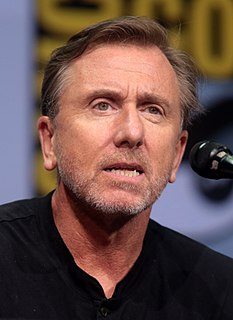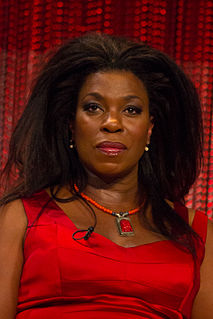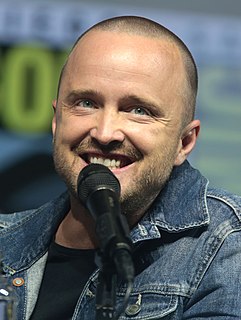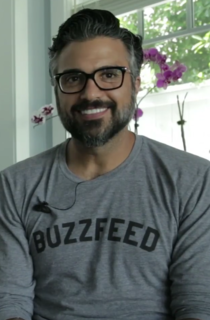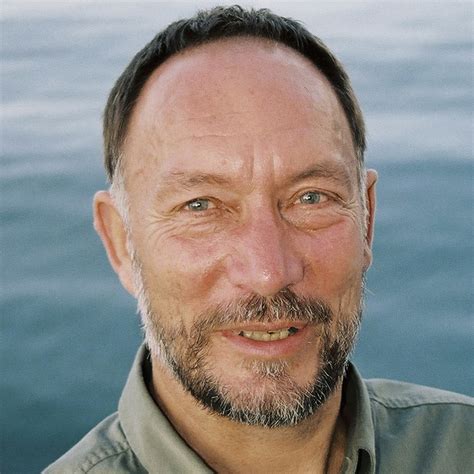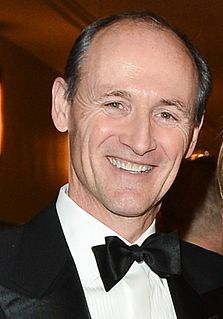A Quote by Harry Connick, Jr.
As a character, you're working within the realm of what's on the [script] page.
Related Quotes
The minute I know it's real to the minute we start shooting, I will work on the script, breaking it down and working on the character, doing as much research as I possibly can to the point where I feel like I eat, sleep and breathe it without looking at a page. Then I go in and try to forget all of it and just be there.
When something arrives, you have no idea what's in it, which is good. And then, it's is the story leaps off the page at you and how your character functions within it. There could be just one scene and if it's wonderful, it doesn't matter how much you're working on it because you just want to be in it. It's really about what your character's day to day world looks like, and if you feel like that's something that's complete, and that you'd like to inhabit for awhile. You'll know by a couple of scenes in. If the character grabs you, you run with it.


